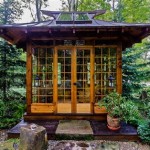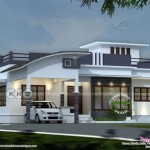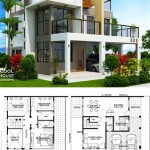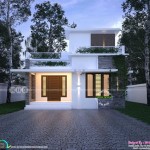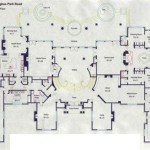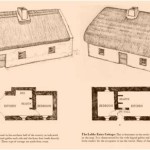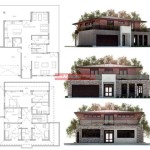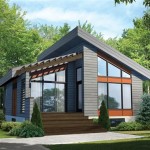Customizable Modular Home Plans: A Flexible Approach to Homeownership
Modular homes have evolved significantly, moving beyond pre-fabricated boxes to highly customizable dwellings. Customizable modular home plans offer a compelling alternative to traditional stick-built construction, providing flexibility, efficiency, and affordability.
Key Advantages of Customizable Modular Homes
Customizable modular homes provide numerous benefits to prospective homeowners. The construction process takes place in a controlled factory environment, minimizing weather delays and ensuring consistent quality. This controlled environment also reduces material waste and promotes efficient resource utilization. Furthermore, modular construction often translates to faster completion times compared to traditional methods, allowing homeowners to move in sooner.
Exploring Design Options and Floor Plans
Modular home designs span a wide spectrum of architectural styles, from classic to contemporary. Homeowners can choose from existing floor plans and modify them to suit individual needs or opt for fully custom designs. This flexibility allows for the creation of homes that reflect personal preferences while adhering to specific budget and site requirements.
Understanding the Modular Building Process
The modular building process involves constructing home sections or modules in a factory setting. These modules are then transported to the building site and assembled on a pre-prepared foundation. The process includes several key stages:
1. Design and planning: This initial phase involves collaborating with architects and designers to finalize the home's layout, features, and finishes. 2. Factory construction: Modules are built in a climate-controlled environment, ensuring precision and quality control. 3. Transportation and assembly: Completed modules are transported to the site and assembled by skilled professionals. 4. On-site finishing: Final touches, including connecting utilities, completing exterior finishes, and landscaping, are performed on-site.
Cost Considerations and Budgeting
While modular homes are often associated with affordability, the final cost depends on several factors, including the size and complexity of the design, chosen finishes, and site preparation expenses. It's essential to develop a realistic budget early in the planning process and work closely with builders to explore cost-effective options. Comparing quotes from different modular home builders can help ensure competitive pricing.
Material Choices and Sustainability
Modular construction offers a wide array of material choices, from traditional wood framing to more sustainable options like steel and engineered wood. Many modular home builders prioritize sustainable practices, utilizing recycled materials and energy-efficient construction techniques. This focus on sustainability can result in lower operating costs and a reduced environmental footprint.
Finding the Right Modular Home Builder
Choosing the right modular home builder is crucial for a successful project. Researching builders' reputations, experience, and customization options is essential. Visiting completed projects and speaking with previous clients can offer valuable insights into a builder's quality of work and customer service. Verifying licensing and insurance is also a critical step in the selection process.
Site Preparation and Considerations
Proper site preparation is essential for the seamless installation of a modular home. This includes ensuring adequate access for transporting and placing modules, as well as preparing a level foundation. Soil conditions, site topography, and local building codes are all factors that need to be considered during the site preparation phase.
Financing Options for Modular Homes
Financing a modular home is similar to financing a traditional home. Mortgages, construction loans, and other financing options are available from various lenders. It's important to compare loan terms and interest rates to secure the most favorable financing package. Working with a lender experienced in modular home financing can streamline the process.
Benefits of Modular Construction Timelines
One of the significant advantages of modular construction is the shorter construction timeline compared to traditional methods. Factory construction occurs simultaneously with site preparation, significantly reducing the overall project duration. This accelerated timeline can translate to cost savings and allow homeowners to occupy their new homes sooner. Furthermore, the controlled factory environment minimizes weather-related delays, ensuring a more predictable construction schedule.
Warranty and Maintenance Considerations
Modular homes typically come with warranties covering various aspects of construction and materials. Understanding the terms and duration of these warranties is essential. Regular maintenance, similar to that required for traditional homes, is necessary to ensure the longevity and performance of the modular home. This includes routine inspections, cleaning, and addressing any necessary repairs promptly.

Modular House Plans Modularhomeowners Com

Floor Plans Finish Werks

Custom Modular Homes Home Builder Renovations

Affordable Custom Built Modular Homes Ina

Luxury Modern Modular Homes Beautiful Manufactured

Why Modular Homes Ina Custom

3 Reasons To Build A Custom Modular Home Boxwood Design Co

Custom Modular Homes Irontown

Covington Ranch Style Modular Home End Elevation Pennwest Homes Model Hf115 A Custom Built By Patriot S

Pennwest Homes Ranch Style Modular Home Floor Plans Overview Custom Built By Patriot S

